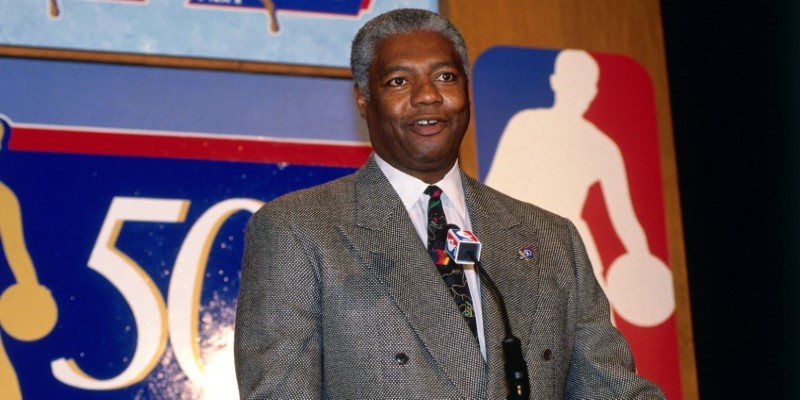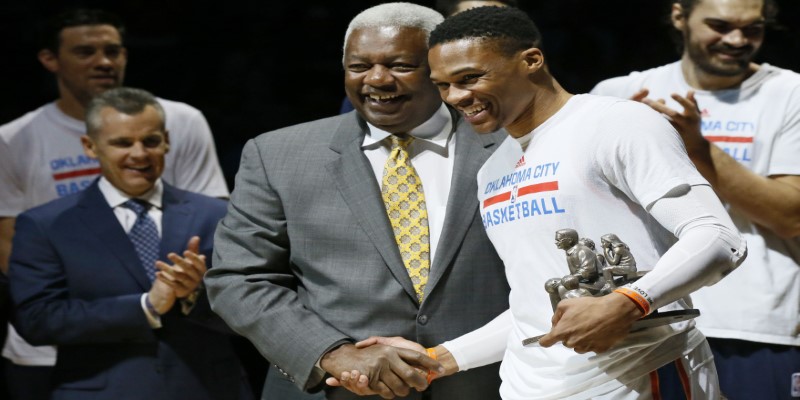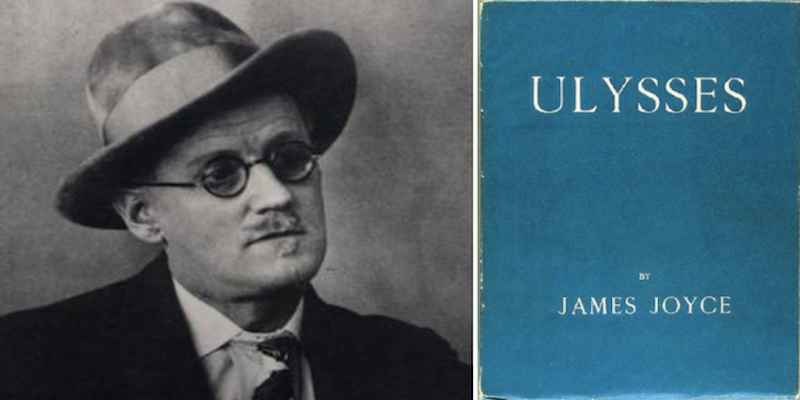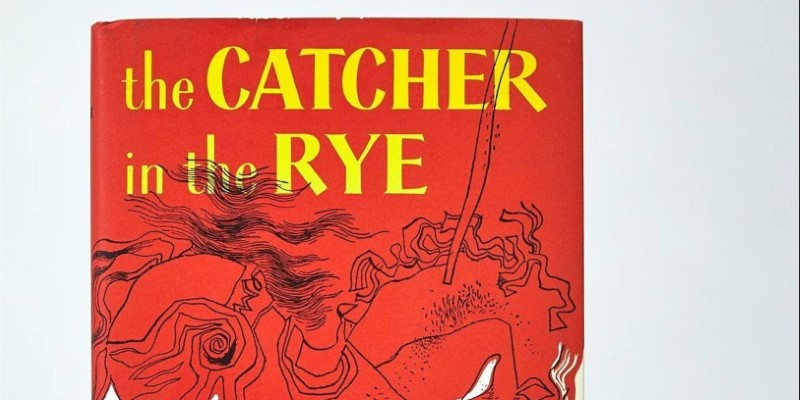Oscar Robertson, affectionately known as "The Big O," is a basketball luminary whose impact resonates far beyond the hardwood. Born on November 24, 1938, in Charlotte, Tennessee, Robertson's illustrious career from the late 1950s to the early 1970s has become a storied chapter in the sport's history. Known for his outstanding abilities, he achieved records and significantly influenced the game's direction.
Robertson's versatility, a harmonious blend of scoring finesse, rebounding tenacity, and playmaking prowess, defied conventional norms, challenging the prevailing notions of player roles. Beyond the court, his advocacy for players' rights left an enduring legacy. This exploration delves into the remarkable journey of "The Big O," a figure whose influence continues reverberating through the corridors of basketball greatness.
Oscar Robertson started playing basketball at Crispus Attucks High School in Indianapolis, where he soon became a standout player. Even during his teenage years, he showcased exceptional talent, guiding his team to consecutive state championships in 1955 and 1956. His impressive skills didn't go unnoticed, drawing the attention of college scouts.
Ultimately, Robertson decided to play college basketball for the University of Cincinnati. At a height of 6 feet 5 inches, he had a unique combination of size, speed, and skill that made him stand out. Robertson achieved remarkable success throughout his three seasons with the Bearcats, averaging an astonishing 33.8 points per game.
His college career reached its pinnacle in 1960 when he led Cincinnati to the NCAA Tournament Final Four. This accomplishment solidified his reputation as one of the greatest college players of all time. Robertson's dominance on the collegiate level laid the foundation for his future success in the professional ranks, showcasing his exceptional talent and establishing him as a basketball legend in the making.
In 1960, Oscar Robertson entered the NBA as the first overall pick for the Cincinnati Royals. His impact was immediate, and he earned the Rookie of the Year award by showcasing impressive averages of 30.5 points, 10.1 rebounds, and 9.7 assists per game. This remarkable debut clearly indicated the greatness that "The Big O" would bring to the professional basketball scene.
Throughout his illustrious career, Robertson's statistical achievements set him apart as one of the most extraordinary players in NBA history. Standing at 6 feet 5 inches, he earned the fitting nickname "The Big O" due to his imposing size for a guard. His legacy is highlighted by being the only player in NBA history to average a triple-double for an entire season.
Notably, during the 1961-62 campaign, he posted mind-boggling numbers, averaging 30.8 points, 12.5 rebounds, and 11.4 assists per game. This incredible feat showcases his scoring prowess and emphasizes his unparalleled ability to contribute significantly in rebounding and playmaking, solidifying his status as a versatile force on the court.
Oscar Robertson's impact on the game of basketball went beyond just numbers. His playing style was crucial in reshaping the expectations for guards in professional basketball. In an era where taller players typically dominated the game, Robertson, despite being a guard, emphasized the importance of having a diverse skill set.

His ability to score points, grab rebounds, and facilitate plays showcased his versatility, challenging the conventional role of guards at the time. This set him apart as a player and established a new standard for what was expected from guards in the league.
Beyond the court, Robertson was a trailblazer advocating for players' rights. In the late 1960s, he was pivotal in creating the NBA Players Association. His efforts aimed to improve players' conditions and secure better financial opportunities. Robertson's contributions laid the groundwork for the collective bargaining agreements that form the basis of the modern NBA.
Today's players owe a debt of gratitude to "The Big O" for his dedication to creating a fair and supportive environment for those in the league. His influence goes beyond what he accomplished on the basketball court, creating a lasting legacy that still shapes the NBA and the rights of its players.

Oscar Robertson's influence on basketball earned him widespread recognition and a collection of accolades. Throughout his illustrious career, he was selected to the NBA All-Star game a remarkable 12 times. In 1964, he further solidified his legacy by earning the NBA Most Valuable Player (MVP) award, a testament to his outstanding contributions on the court.
The Milwaukee Bucks and the Sacramento Kings retired Robertson's jersey number 14 to commemorate his impact on the teams he played for. This gesture symbolizes the profound respect and appreciation for his significant contributions to the franchises.
In 1980, Oscar Robertson received one of the highest honors in basketball – induction into the Naismith Memorial Basketball Hall of Fame. This enshrinement officially recognized him as one of the all-time greats in the sport.
His legacy as "The Big O" endures, and his name is frequently invoked in discussions about the most influential players in basketball history. Oscar Robertson's impact extends far beyond his playing days, leaving an indelible mark on the game and securing his place among the basketball legends whose contributions are celebrated by fans and fellow players.
Oscar Robertson's journey from high school standout to the NBA icon highlights his remarkable talent and lasting impact on basketball. Known as "The Big O," he revolutionized the guard position, leaving a lasting legacy for generations to come. Beyond his on-court achievements, Robertson's role as a player, advocate, and philanthropist cements his status among basketball's all-time greats. His influence extends far beyond the court, shaping the sport and inspiring others to follow in his footsteps.

By Vicky Louisa/Feb 19, 2025

By Vicky Louisa/Mar 17, 2025

By Eleanor/Oct 17, 2024

By Frederica/Apr 20, 2024

By Eleanor/Mar 24, 2024

By Frederica/Feb 02, 2024

By Frederica/May 04, 2024

By Vicky Louisa/May 22, 2025

By Frederica/Feb 29, 2024

By Elva Flynn/Feb 28, 2025

By Eleanor/Feb 02, 2024

By Eleanor/Feb 11, 2025